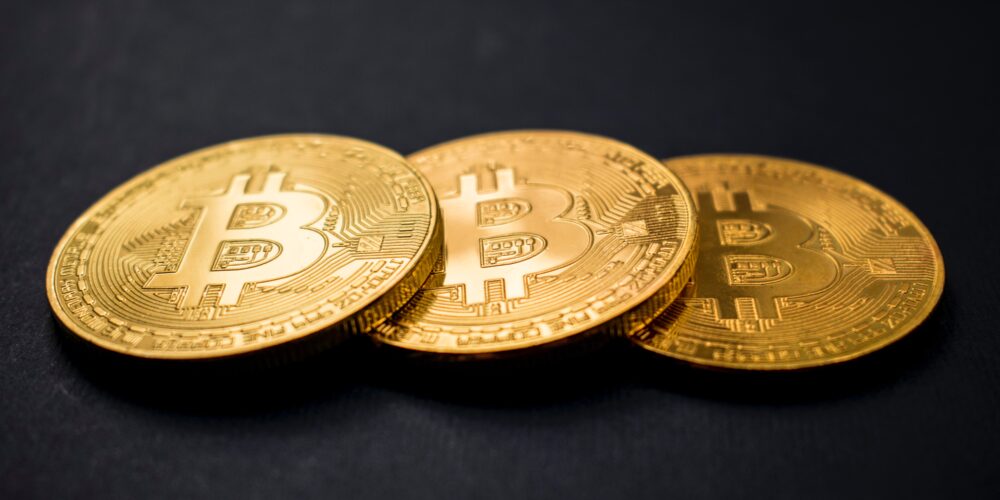inflation
Inflation is the process of a general increase in the prices of goods and services in a given country, resulting in a decrease in the purchasing power of money. In the context of the crypto assets market, inflation plays a significant role, influencing the value of digital assets held.
How Does Inflation Work?
Inflation can have various causes, such as an increase in the money supply, production costs, consumer demand, or external factors like political changes or economic crises. As prices rise, the value of the monetary unit decreases, meaning that the same amount of money can buy fewer goods and services.
Inflation and Cryptocurrencies
In the cryptocurrency market, inflation can be programmed and controlled by algorithms, as is the case with Bitcoin, for example. Bitcoin has a limited supply, which means that the amount of new coins entering circulation is predetermined and decreases over time. This phenomenon aims to prevent a sudden decline in the value of the digital currency, similar to what happens in the traditional financial system.
Effects of Inflation on the Crypto Assets Market
Inflation can have various effects on the cryptocurrency market. In the case of uncontrolled inflation, investors may lose confidence in a particular cryptocurrency, resulting in a decrease in its value. On the other hand, controlled inflation can have a positive impact on the market, encouraging investment and stabilizing the value of digital assets.
Summary
Inflation plays a significant role in the world of crypto assets, affecting both the value of held assets and market operations. Understanding inflation mechanisms and monitoring changes in price levels can help investors make informed investment decisions in the cryptocurrency market.






